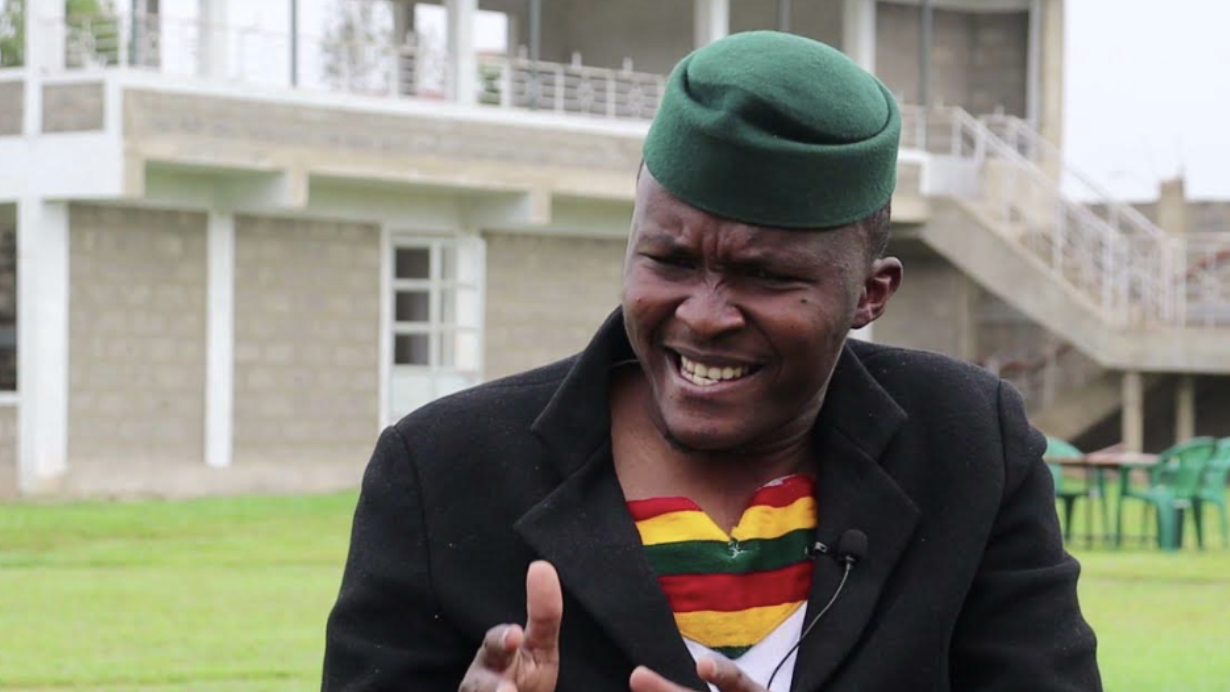
 UDA national youth leader Kariuki Ngunjiri/FILE
UDA national youth leader Kariuki Ngunjiri/FILEFor the past year, Kenya has witnessed a seismic shift in youth engagement with politics—a movement unlike any in recent history.
What began as a passionate wave of political consciousness and civic engagement has steadily mutated into something more dangerous, more destructive, and, ultimately, unsustainable.
While democracy flourishes through the involvement of an active and informed citizenry, there must be a distinction between constructive activism and disruptive defiance. Sadly, that line is increasingly being blurred.
The recent evolution of the Occupy Movement, once hailed for its energy and symbolism, has now morphed into something bordering on anarchy. In the noise of protest chants and viral hashtags, a critical tenet of democracy is being drowned out—dialogue. Real, meaningful, and structured dialogue.
The youth must recognise that lasting solutions to national issues cannot be forged solely in the streets.
While demonstrations serve a purpose, they are not an end in themselves. They must complement state-sanctioned processes—not replace them. We cannot build a stable democracy on spontaneous outrage alone.
Worryingly, activism is fast becoming a form of careerism for some. Demonstrations are evolving into platforms for influence, not change. For the younger generation—school-going children watching from the sidelines—this sends a damaging message.
Instead of instilling values of patriotism, responsibility, and problem-solving, we are teaching them that disruption equals power.
There is a broader crisis at play—one of patriotism and national identity. Many young people today appear unbothered by the image Kenya projects to the world. Apathy toward national unity is spreading, and social media has unfortunately become a double-edged sword.
What should be a tool for civic learning and mobilisation is instead a breeding ground for incitement, misinformation, and hostility.
Looting, violence, and lawlessness during demonstrations cannot be excused as growing pains of democracy. They are symptoms of deeper rot. If unchecked, they will become the hallmarks of a generation remembered not for its vision, but for its chaos.
As the country inches toward the 2027 General Election, it is imperative to reclaim the essence of political participation.
Let us debate issues with decorum. Let us raise concerns,
offer solutions, and challenge leadership — but within the guardrails of
civility and national interest.
I look forward to the day youths who are politically aware will volunteer to mentor others on political operation. Otherwise, the current state is in dire crisis












